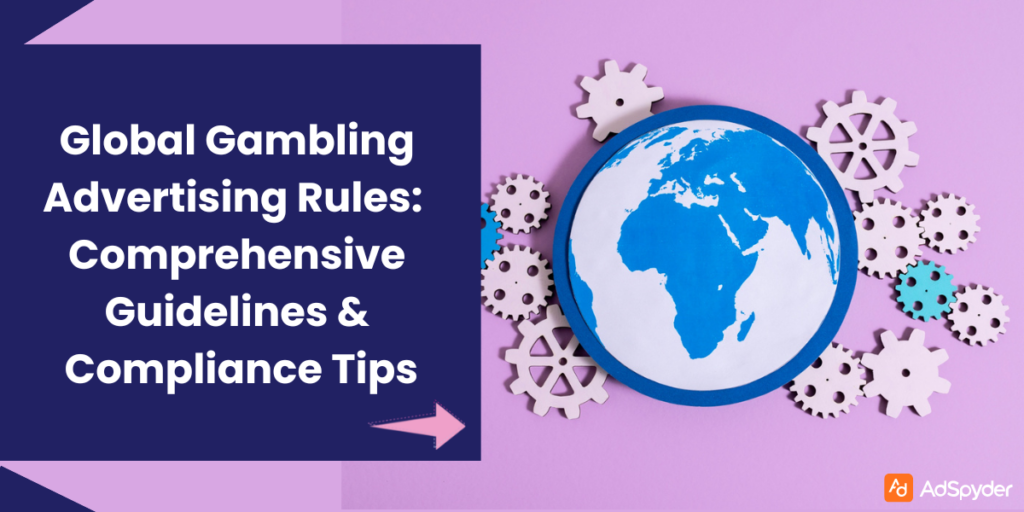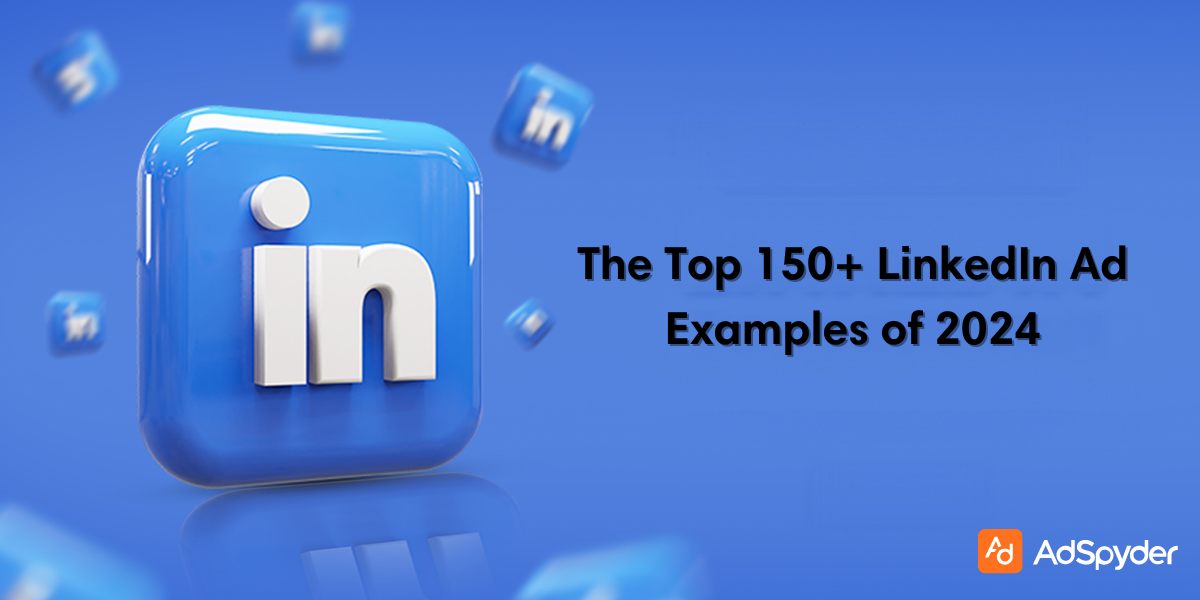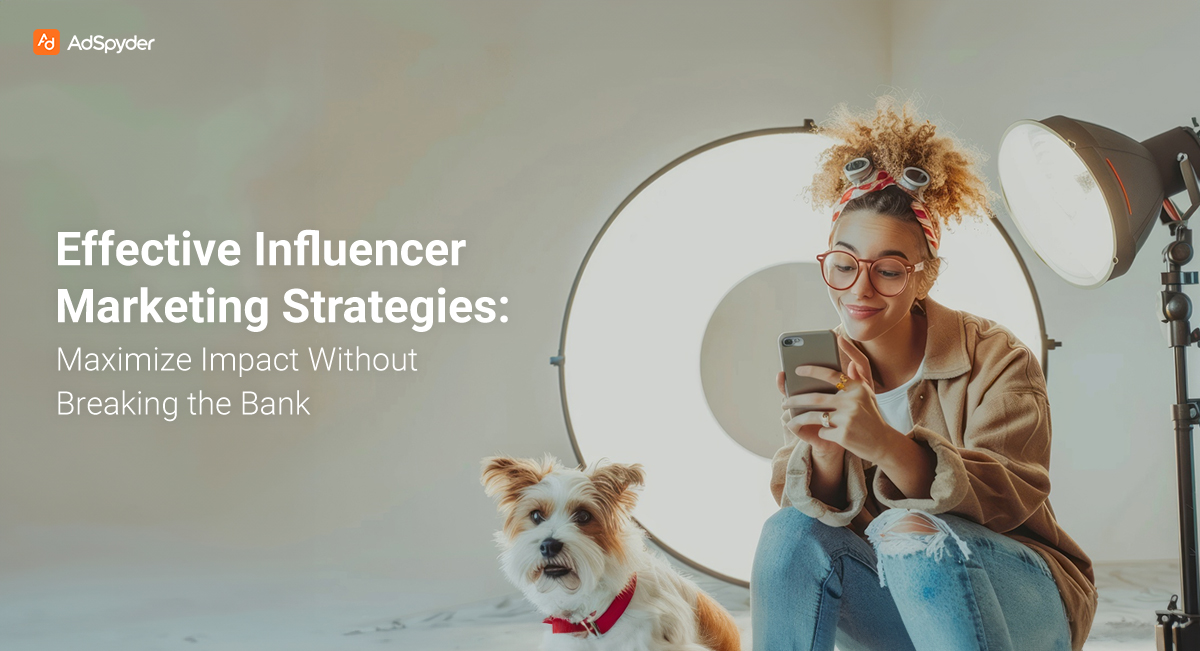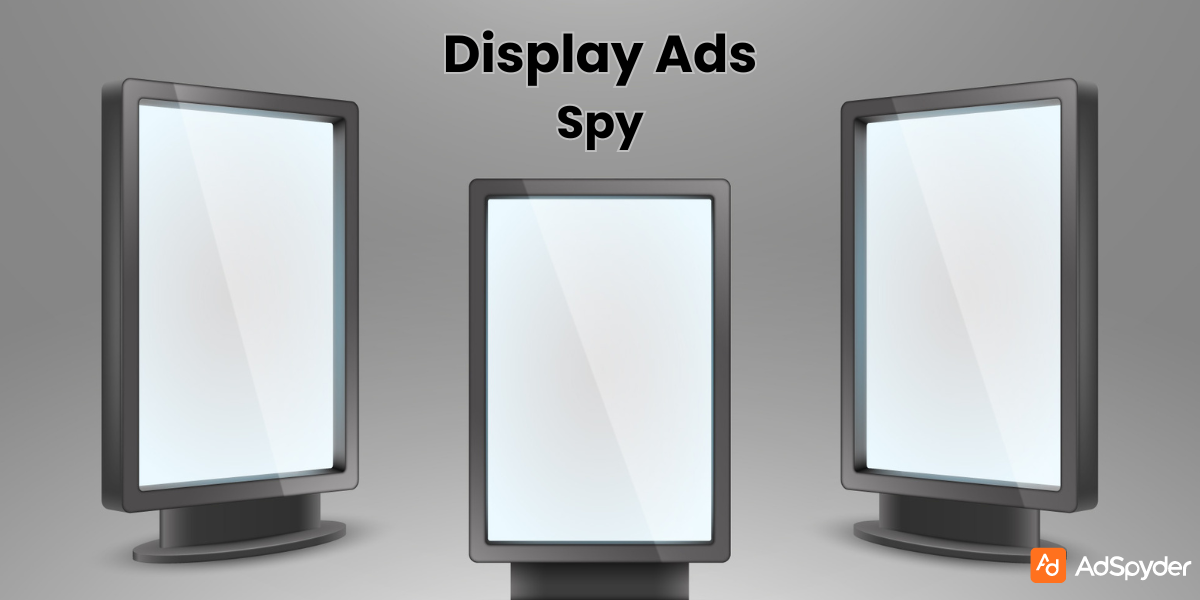In the fast-paced realm of online gambling, advertisers must steer their campaigns through a complex web of advertising rules in gambling and regulations to achieve success while maintaining compliance. The gambling industry spans across different countries and jurisdictions, making it imperative for advertisers to understand and adhere to diverse legal standards, including FTC advertising guidelines. In this comprehensive guide, we will explore the paramount importance of adhering to global gambling advertising rules and regulations, delve into the key legal considerations in various countries, discuss strategies for navigating cultural sensitivities, and emphasize the crucial role of legal experts in ensuring advertising campaigns align with international standards and guidelines on advertisement marketing.
Gambling Advertising Regulations Worldwide
Navigating the legal landscape of global gambling advertising rules can be challenging, as regulations vary dramatically from one nation to another. This complexity extends across platforms, including Facebook and Instagram ad guidelines, which also differ by country. While some nations impose stringent regulations on gambling ads, others adopt a more permissive stance. For advertisers, a profound understanding of these legal frameworks and constraints in key markets is essential to crafting campaigns that align perfectly with the law. With an estimated 80% of countries globally sanctioning some form of gambling, the importance of legal compliance cannot be overstated. Online betting sites must cater to these rules and regulations in their marketing strategies for running online ad campaigns across different countries and ad platforms.
Key Practices for Advertisers
- Stay Informed: Regularly update knowledge on the legal requirements for gambling advertising in different countries.
- Platform Guidelines: These guidelines may be different for each platform and country of operation. Ad accounts can be suspended or banned if these requirements are not met.
- Consult Legal Experts: Work with legal advisors who specialize in gambling laws to navigate complex regulations effectively. Consult regularly to stay on top of this issue and work with them to create responsible ads that comply with these guidelines.
- Localized Campaigns: Tailor advertising campaigns to meet the legal standards of each target market. Since each ad campaign is to be specific based on rules of each country, the brand needs to strategise accordingly, to reduce risks.
- Continuous Monitoring: Implement systems to continuously monitor changes in laws and guidelines to stay ahead of regulatory updates. Subscribe to newsletters, change logs and updates from authority sites to get genuine and timely information on these changes.
- Educate Your Team: Ensure your marketing team is well-informed about the legal aspects of gambling advertising in various regions.
Global Gambling Advertising Rules: Tips for Advertisers
Understanding the legal landscape of global gambling advertising rules is crucial for global marketers.
- Regulations can vary widely from one country to another, with platforms like Facebook and Instagram having their own specific guidelines that differ based on location.
- While some countries impose strict regulations on gambling advertisements, others take a more relaxed approach.
- For advertisers, a deep understanding of these legal frameworks is essential to creating campaigns that comply with the law.
- Considering that approximately 80% of countries worldwide have sanctioned some form of gambling, staying compliant is more important than ever. Adhering to legal requirements not only helps avoid fines and legal issues but also builds credibility and trust with audiences.
By regularly updating your knowledge on country-specific regulations and platform guidelines, consulting with legal experts, and tailoring campaigns to local laws, you can navigate the complex legal landscape effectively. Continuous monitoring of regulatory changes and educating your marketing team on these aspects will ensure your advertising strategies remain compliant and successful.
Table: Advertising Regulations in Different Regions
| Region | Key Regulations | Enforcement Body |
|---|---|---|
| United States | Age restrictions, responsible gambling messages, licensing | Federal Trade Commission (FTC) |
| United Kingdom | No targeting under 18s, clear terms and conditions, no misleading ads | UK Gambling Commission |
| Australia | Ban on gambling ads during live sports, no inducements to gamble | Australian Communications and Media Authority (ACMA) |
| Canada | Provincial regulations, responsible gambling requirements | Various provincial bodies |
| European Union | Age restrictions, transparent advertising, responsible gambling messages | European Gaming and Betting Association (EGBA) |
| Germany | No ads targeting minors, responsible gambling messages required | Glücksspielbehörde der Länder |
| France | Ban on ads during sports events, clear terms and conditions | Autorité Nationale des Jeux (ANJ) |
| Italy | Complete ban on gambling ads | Agenzia delle Dogane e dei Monopoli |
| Spain | Restriction on bonus promotions, no ads targeting minors | Dirección General de Ordenación del Juego (DGOJ) |
| Sweden | Ads must be moderate and responsible | Spelinspektionen |
| Denmark | Clear terms and conditions, responsible gambling messages | Danish Gambling Authority (DGA) |
| Norway | Strict advertising restrictions, focus on responsible gambling | Norwegian Gaming Authority |
| Finland | State monopoly on gambling, strict advertising regulations | National Police Board |
| Netherlands | No ads targeting minors, responsible gambling messages required | Kansspelautoriteit (KSA) |
| Belgium | Ban on gambling ads during live sports broadcasts | Belgian Gaming Commission |
| Ireland | No ads targeting under 18s, responsible gambling messages required | Department of Justice |
| Switzerland | No ads targeting minors, responsible gambling messages | Federal Gaming Board |
| Austria | No misleading ads, responsible gambling messages required | Austrian Gaming and Betting Authority |
| Portugal | Restrictions on bonus promotions, responsible gambling messages | Serviço de Regulação e Inspeção de Jogos (SRIJ) |
| Greece | Clear terms and conditions, responsible gambling messages | Hellenic Gaming Commission (HGC) |
| South Africa | Age restrictions, clear terms and conditions | National Gambling Board |
| New Zealand | No ads targeting minors, responsible gambling messages | Department of Internal Affairs |
| Brazil | In progress, currently drafting specific gambling advertising regulations | Ministry of Economy |
| Japan | No ads targeting minors, strict regulations on gambling advertisements | National Police Agency |
| China | Gambling advertising is largely prohibited | Ministry of Public Security |
| India | State-specific regulations, responsible gambling messages | Various state gambling authorities |
| Russia | Ban on gambling ads in mass media, responsible gambling messages | Federal Tax Service |
| South Korea | No ads targeting minors, clear terms and conditions | Ministry of Culture, Sports and Tourism |
| Singapore | No ads targeting minors, strict advertising regulations | Gambling Regulatory Authority (GRA) |
| Hong Kong | No ads targeting minors, responsible gambling messages | Hong Kong Jockey Club |
| Macau | Ads must be truthful, no ads targeting minors | Gaming Inspection and Coordination Bureau |
Divergence in Advertising Rules and Requirements Across Nations
Online advertising in the gambling industry is a complex landscape, with each country enforcing its own unique set of rules and requirements. These regulations cover various aspects, from the content of advertisements and target audience restrictions to mandatory disclosures of terms and conditions. Advertisers must understand these differences to avoid legal issues and ensure their campaigns are legally compliant. By staying on top of these regulations, online gambling advertisers can run their ads to relevant audiences without facing any legal issues.
Considerations for Global Gambling Advertising
- Global Variability in Regulations: Each country has distinct rules governing gambling advertisements, making it crucial for advertisers to tailor their campaigns accordingly.
- Content and Audience Restrictions: Regulations often dictate what can be shown in advertisements and who can be targeted.
- Mandatory Disclosures: Advertisers are usually required to include specific terms and conditions to comply with legal standards.
Best Practices for Navigating Global Gambling Advertising Regulations
- Understand Local Laws: Research and comprehend the specific advertising regulations of each country where your ads will run to ensure compliance.
- Tailor Content: Adapt your advertising content to meet local regulatory requirements, focusing on responsible messaging and appropriate audience targeting.
- Include Disclosures: Ensure that all necessary terms and conditions are clearly disclosed in your advertisements to avoid legal complications.
- Monitor Changes: Stay updated on changes in advertising regulations across different countries to adjust your campaigns accordingly.
- Collaborate with Experts: Work with legal and regulatory experts in each region to ensure that your advertising strategies are compliant and effective.
The United Kingdom’s Rigorous Regulations: An Example
- Responsible Gambling Messaging: UK regulations mandate that all gambling ads include messages promoting responsible gambling to protect consumers.
- Safeguarding Vulnerable Audiences: There are strict rules to ensure that gambling advertisements do not target or exploit vulnerable populations, such as minors and individuals with gambling addictions.
- Compliance Data: Studies show that 85% of gambling advertisers in the UK now integrate safeguarding measures in their campaigns, reflecting high compliance with local laws. These advertisers responsibly run their ad campaigns by aligning with the guidelines set forth by the UK regulations for gambling advertisement.
Competitor Insights:
- Competitor Practices: Leading gambling companies, such as Bet365 and William Hill, invest heavily in ensuring their ads comply with local ad regulations. This includes frequent audits and updates to their marketing strategies. Advertisers can learn from their competitors to devise compelling ad copies that comply with regulations.
- Global Adaptation: Major players in the industry tailor their advertising approaches based on the regulatory environment of each country. They do this by using localized content and messaging to maintain compliance and effectiveness. Focusing on geolocation and geofencing provides an opportunity to run ad campaigns in line with the local regulations.
By understanding and adapting to the different advertising regulations in the gambling industry, advertisers can avoid legal pitfalls. They also promote responsible gambling practices and protect vulnerable audiences. This approach ensures compliance and builds brand trust and credibility with consumers. This in turn enhances brand sentiment towards responsible gambling advertising among the target audiences.
Adherence to Local Laws and Cultural Sensitivities
Cultural sensitivities play a crucial role in shaping global gambling advertising rules across different regions. What may be acceptable and engaging in one country could be offensive and inappropriate in another. Advertisers must exhibit a keen awareness of these cultural nuances. This provides opportunity for campaigns to resonate positively with local audiences and avoid unintended offenses. This cultural mindfulness is essential for brands aiming to build trust and credibility in diverse markets. Studies show that over 70% of consumers are more likely to favor brands that demonstrate cultural sensitivity in their advertising. Having a clear understanding of these cultural sensitivities for each region can also provide a subtle advantage against their competitors and responsibly promote their brand to their target audiences.
Strategies for Culturally Aligned Advertising Campaigns:
Research Cultural Norms
Thoroughly research and understand the cultural norms and values of the target market. This ensures your advertising aligns with local expectations. Ad campaigns need to reflect the insights gained from this research. This ensures ads are not culturally insensitive and avoid potential backlash from the audiences.
Engage Local Experts
Collaborate with local experts or cultural consultants to gain deeper insights into regional sensitivities and preferences. Have a periodic retrospection with these experts to ensure ad campaigns are culturally sensitive to the audience being targeted.
Tailor Campaigns
Customize advertising campaigns to reflect local culture, language, and traditions, ensuring they resonate well with the audience. The target audience also are able to relate to the ad campaign, owing to the regional personalisation of the ads.
Monitor Feedback
Continuously monitor consumer feedback and adjust campaigns as needed to maintain cultural relevance and avoid potential backlash. This real-time optimisation of the ad campaigns helps in avoiding risks. It also makes the ad fresh and relevant.
Educate Teams
Provide training for marketing and advertising teams on cultural sensitivity and the importance of respecting diverse audiences. Marketing efforts with awareness of the cultural sensitivities ensures that the ad campaigns are able to cater to the target audience.
Showcase Cultural Respect
Highlight examples of your brand’s commitment to cultural sensitivity in your marketing materials to build consumer trust. This not only provides weight to your ad campaigns, but also increases positive sentiment against the brand.
Use Local Influencers
Partner with local influencers who understand the cultural landscape and can authentically promote your brand. These local influencers act as brand promoters for your ad messaging and help reduce cultural insensitivities in the ad messaging.
Ad messaging for different regions are required to be mindful of the cultural sensitivities associated with these regions. By following these strategies, brands can navigate the complexities of cultural sensitivities in gambling advertising. It also ensures their campaigns are both effective and respectful across different markets. This approach helps in adhering to local regulations and builds a positive brand image and fosters consumer loyalty. These guidelines also provide a competitive edge against other brands.
Must see: Promoting Responsible Gambling: Effective Strategies & Best Practices
Tailoring Ad Campaigns to Confirm with Local Norms and Regulations
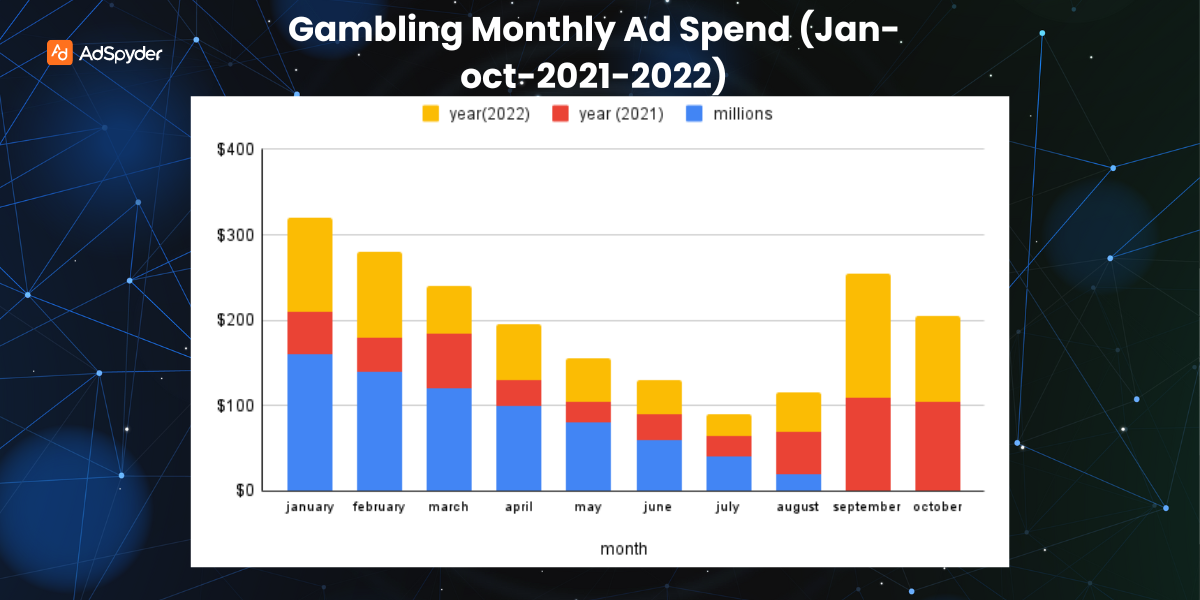
Ensuring conformity with local laws and cultural sensitivities mandates that advertisers tailor their ad campaigns for each specific market. This may entail tweaking ad creatives, messaging, and visuals to resonate with local sensibilities and harmonize with regional norms.
A substantial 88% of consumers harbor the belief that brands should endeavor to comprehend and honor their cultural convictions and values.
Collaboration with Legal Experts
Navigating the complex world of global gambling advertising rules and regulations requires a deep level of expertise. Advertisers need to work closely with legal experts who specialize in gambling laws, including FTC advertising guidelines. This ensures their campaigns comply with both international and regional rules. Legal counsel provides invaluable guidance on meeting regulatory requirements and understanding complex legal statutes. This ensures campaigns are on a solid compliance foundation. In the dynamic gambling industry, staying compliant is crucial to avoid significant penalties and protect brand reputation. Notably, 75% of businesses actively seek legal counsel to ensure they adhere to advertising regulations. This instance highlights the importance of professional legal support in this field.
Legal Compliance Best Practices: Building a Foundation for Ethical Advertising
- Collaborate with Legal Experts: Work with attorneys specializing in gambling laws and FTC advertising guidelines to ensure full compliance.
- Understand Regulatory Requirements: Stay updated on international and regional advertising regulations to avoid legal pitfalls.
- Regular Legal Audits: Perform regular legal audits of your advertising campaigns to maintain compliance with evolving laws.
- Educational Resources: Train your team on key regulatory requirements and legal guidelines.
- Proactive Legal Strategies: Develop proactive legal strategies to anticipate and address potential compliance issues before they arise.
- Document Compliance Efforts: Keep detailed records of your compliance efforts and legal consultations to demonstrate due diligence.
Watch out: How To Start Dropshipping On Shopify | The Ultimate Guide
Ensuring Advertising Practices Meet International and Regional Standards
In the dynamic and expansive global gambling industry, advertisers must adhere to both international and regional standards of global gambling advertising rules. This is to ensure ethical practices and regulatory compliance. Aligning advertising strategies with these respected benchmarks fosters trust and loyalty among consumers, enhancing brand reputation. By championing responsible advertising, brands can make a positive impact on the industry. This is achieved while maintaining adherence to strict marketing research guidelines. A significant 62% of consumers believing that brands should lead in promoting ethical advertising. It’s clear that responsible practices are not just beneficial but essential for long-term success.
Best Practices
- Align with Standards: Ensure advertising practices meet both international and regional regulatory guidelines to build credibility. This is to avoid risks in advertising from local bodies or advertising platforms.
- Promote Ethical Advertising: Actively champion ethical advertising to foster trust and loyalty among consumers. It also engages positive sentiment towards the brand and helps build a community around the brand.
- Engage with Transparency: Be transparent about advertising practices and commitments to ethical standards. Showcase responsible gambling information to the audiences to build authencity and trust among them.
- Educate Your Audience: Provide educational content on the importance of ethical advertising in the gambling industry.
- Monitor Compliance: Regularly review and update advertising practices to remain compliant with evolving regulations.
- Leverage Data: Use consumer data to refine and improve advertising strategies in line with ethical standards.
- Collaborate with Regulators: Work closely with regulatory bodies to stay ahead of changes and ensure ongoing compliance.
This comprehensive approach underscores the critical role of adhering to standards. It also provides actionable insights for advertisers in the global gambling industry. By prioritizing ethical practices, brands can build a loyal customer base and positively impact the broader market. Complying with regulations also acts as a marketing hook to attract users based on responsible gambling.
Browse this: Mastering the Art of Paid Affiliate Marketing: Ten Powerful Tips for Success
Conclusion
In the multifaceted world of global gambling advertising rules, comprehending and navigating the kaleidoscopic legal frameworks across different countries. This includes Facebook ad guidelines and Instagram ad guidelines,which stands as a pivotal factor for successful and compliant campaigns. Advertisers must master the regulations in their key markets, exhibit cultural sensitivity, and customize their campaigns accordingly. This needs to be done adhering to advert regulations. The synergistic collaboration with legal experts is indispensable, ensuring that advertising practices harmonize with international standards. This also resonates with local laws and FTC advertising guidelines. By adopting a proactive stance towards legal compliance, advertisers can engender trust. They can sow the seeds of brand loyalty, and make a positive impact on the sprawling global gambling industry. All this can be done by adhering to guidelines on advertisement marketing.
